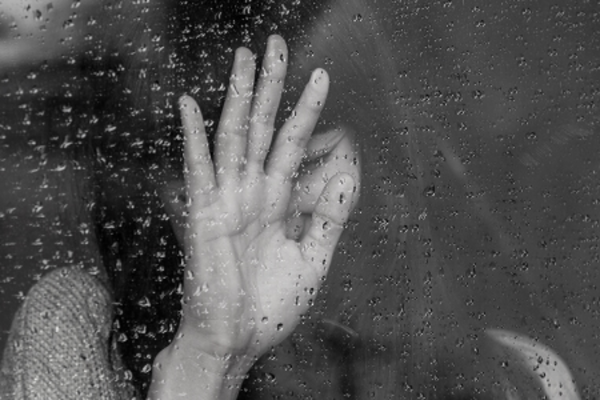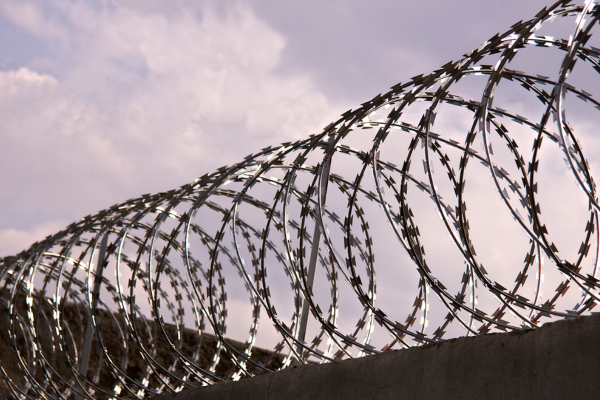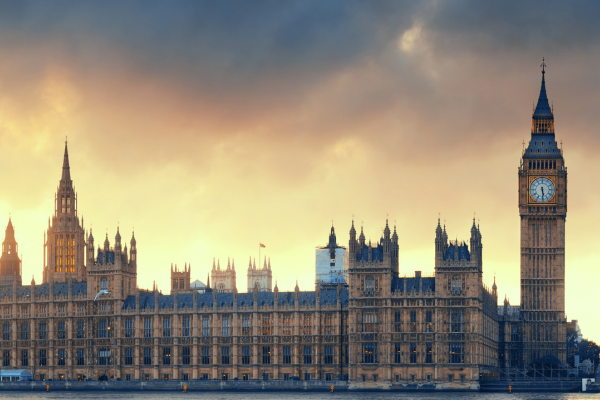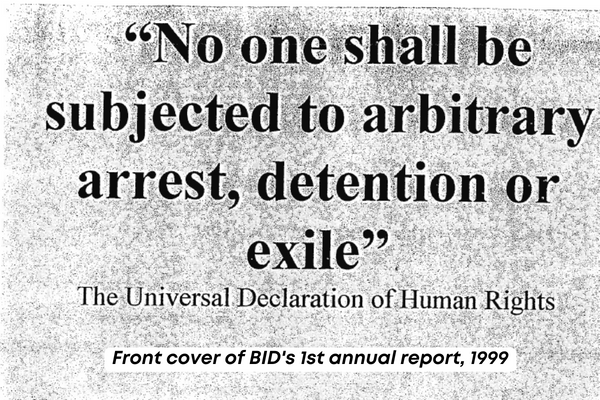Immigration detention is a human tragedy. Hidden from the public eye, ‘migrants’, including many people who were born or raised in the UK or have lived here for decades, are torn away from their families and locked up indefinitely without trial. Isolated and terrified of deportation they take on the exhausting battle against the Home Office to prove their right to remain in the UK.
Detention is an administrative process not a criminal one; the decision to deprive someone of their liberty is not overseen by a court, there‘s no automatic legal representation and no time limit on the length of detention. The majority of people who are detained are released back into the community their detention serving no purpose at all and many are detained when they shouldn’t be. Last year, the Home Office paid out £8.2m of compensation to people they detained unlawfully.
In 2019 the Home Affairs Select Committee 2019 Report on Immigration Detention said:
“We have found serious problems with almost every element of the immigration detention system. People are being wrongfully detained, held in immigration detention when they are vulnerable and detained for too long… too often the Home Office has shown a shockingly cavalier attitude to the deprivation of human liberty and the protection of people’s basic rights.”
Nothing brings that home more than a trip to Yarl’s Wood detention centre, the UK’s only facility established to detain women for immigration purposes. BID has been visiting Yarl’s Wood and providing free legal assistance to those detained there since it opened in Bedfordshire in 2001
What comes across instantly at Yarl’s Wood is the stark vulnerability of these women for whom detention is extremely traumatising and damaging. The women we speak to at our legal advice surgeries are extremely isolated and distressed we regularly meet victims of trafficking, torture, rape, slavery and domestic abuse.
We first met Rebecca* at a legal advice surgery after another detainee recommended she speak to us about her case. Like many of our clients she was claiming asylum and so had a legitimate barrier blocking her removal from the UK. We spoke to her about her experiences of detention:
“I came to the UK almost 10 years ago seeking asylum, I was coming out of an abusive marriage and I was looking for a way out. When I found out I was being detained and maybe deported I just wanted to self-harm myself. I couldn’t believe that what I was running away from they wanted to take me back to. I was just empty and depressed
“Yarl’s Wood was just a nightmare. I couldn’t believe it. I can’t even explain it but it was a nightmare. I couldn’t sleep. For the time I was there I lost loads of weight. If it wasn’t for BID I would have kept going down, down, down.
“The place itself is depressing. Your mind is not settled because you keep on hearing that you’re being removed. Everyone is crying there. People are crying day and night. It is a sad place. You go there ok and you come out depressed. You’re given 70p a day to spend but you can’t buy much with that and they just give you toothpaste.”
1,181 women were detained at Yarl’s Wood in 2019. During that same period 312 ‘Rule 35’ reports (independent medical reports) were made for people detained at Yarl’s Wood corroborating their accounts that they were victims of torture. The Home Office’s own policy is clear that Adults at Risk with Rule 35 reports should not be detained yet from BID’s experience medical evidence is routinely ignored by the Home Office.
Our July 2018 report Adults at Risk: the ongoing struggle for vulnerable adults in detention found serious problems with both the design and the implementation of the Adults at Risk (AAR) policy and data released in February last year showed that just 6% of detainees classified as “vulnerable and at risk” were subsequently released from UK immigration centres.
“They had to refer me to the mental health nurse then they referred me to the doctor. I wanted something to calm me and make me sleep. I was anxious and awake all night and I explained this to them but they just gave me just paracetamol. They didn’t do anything about it. The doctor did a Rule 35 report and said that I was an Adult at Risk which I didn’t even understand myself. They [the doctor] said that meant the Home Office had to review my detention but they were doing nothing. After the interview everything was silent so I just didn’t know my fate. If it wasn’t for BID they would have done nothing.
“When I was there two people tried to commit suicide and were put in isolation. You think you could be next. Today I’m consoling this person and the next day they’re consoling you. That’s how it is because there is no hope there, no hope.”
Rebecca was supported by BID’s Right to Liberty project which helps people in detention who are particularly vulnerable including victims of trafficking, survivors of torture, people with mental or physical ill-health, and people detained for longer than four months. With our support Rebecca was granted bail.
“They [Home Office] do what they want to do with you. We’re just case numbers. You tell them words but you’re just a case. We’re not human beings we’re just a case. We don’t know our fate.
“When they put you in detention that’s the end of you, that’s what they say. That’s the impression that they give you. So it’s good to know there is a way you can fight it and people should be made aware of what is happening there because people are just locked in. They don’t consider human life.
“I forwarded my papers to BID and you went through them and saw a reason for me not to be there [in detention]. The barrister you sent was a good man, and he stressed that if the doctor ruled it out, why are they still keeping me there? He was afraid because I was an adult at risk and the more you stay there the more depressed you become."
“BID brings sanity to people, they give hope. You have somebody who cares. You have hope that somebody doesn’t know about you but cares. That no matter what you’re not alone. They make you feel like you’re human."
Like most people in detention, Rebecca was eventually released back into the community, detention having caused unnecessary, long-term harm. She is still waiting for a decision on her Asylum case and is unable to work. We asked Rebecca if detention has had a lasting effect on her. She said:
"You go out, you come in the house and you don’t feel safe you know. Like everyone is watching you, the feeling of fear. I go out, I get scared and come back again. I’m not in detention, but that whole place is a part of me. I feel like I’ll forever be in detention you know. Like everybody is watching."
BID’s vision is of a world free of immigration detention, where people are not deprived of their liberty for immigration purposes. We work towards this by challenging immigration detention in the UK through the provision of legal advice, information and representation alongside research, policy advocacy and strategic litigation. This includes giving free legal advice and representation to some of the most vulnerable detainees at Yarl’s Wood. If you want to help us #EndDetention this International Women’s Day why not download our template to write your MP or make a donation to support our work.
*Name changed for anonymity









